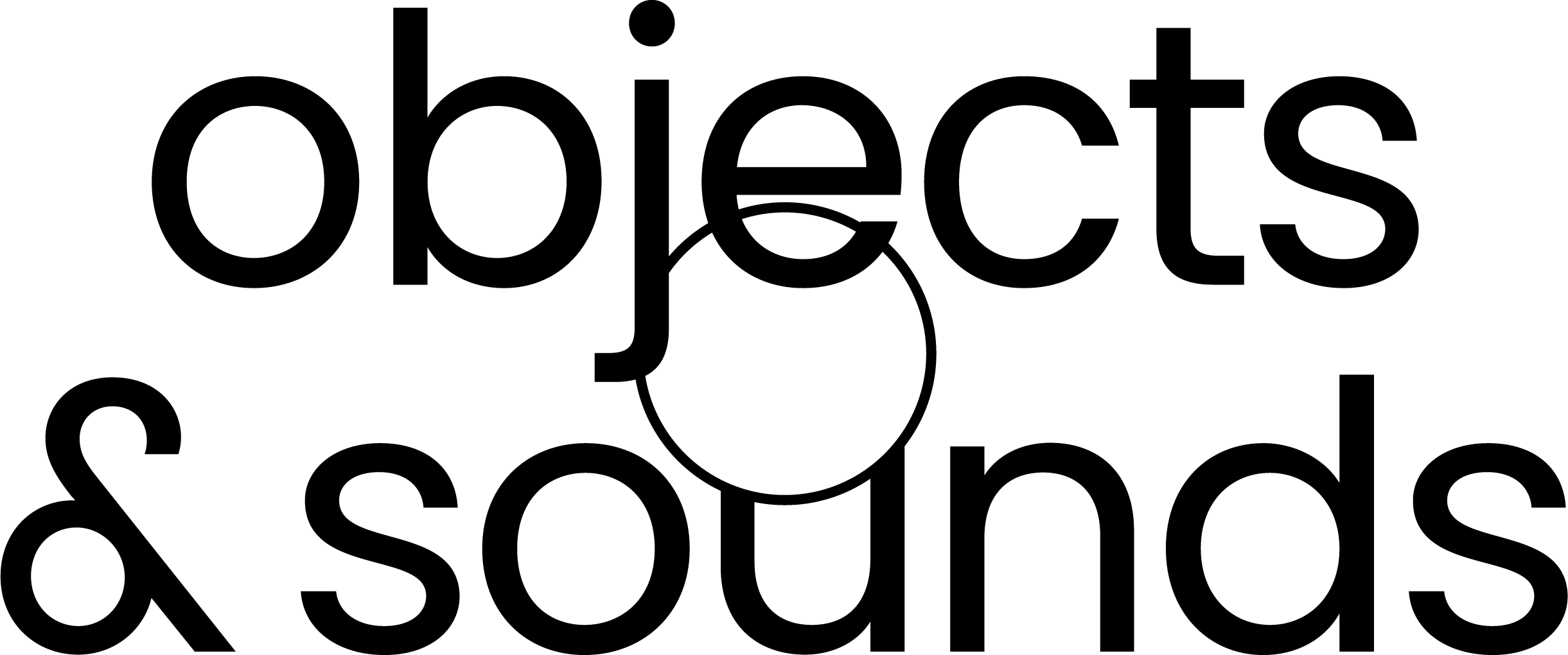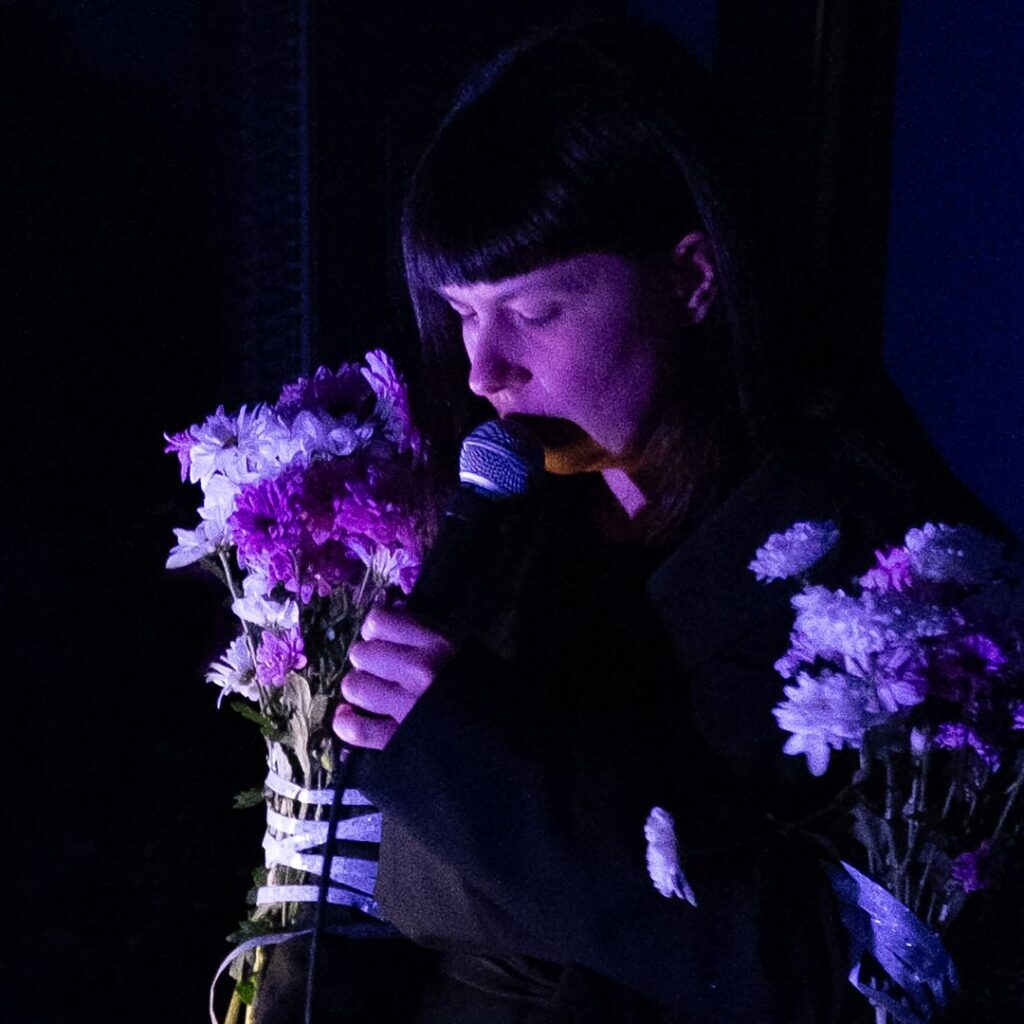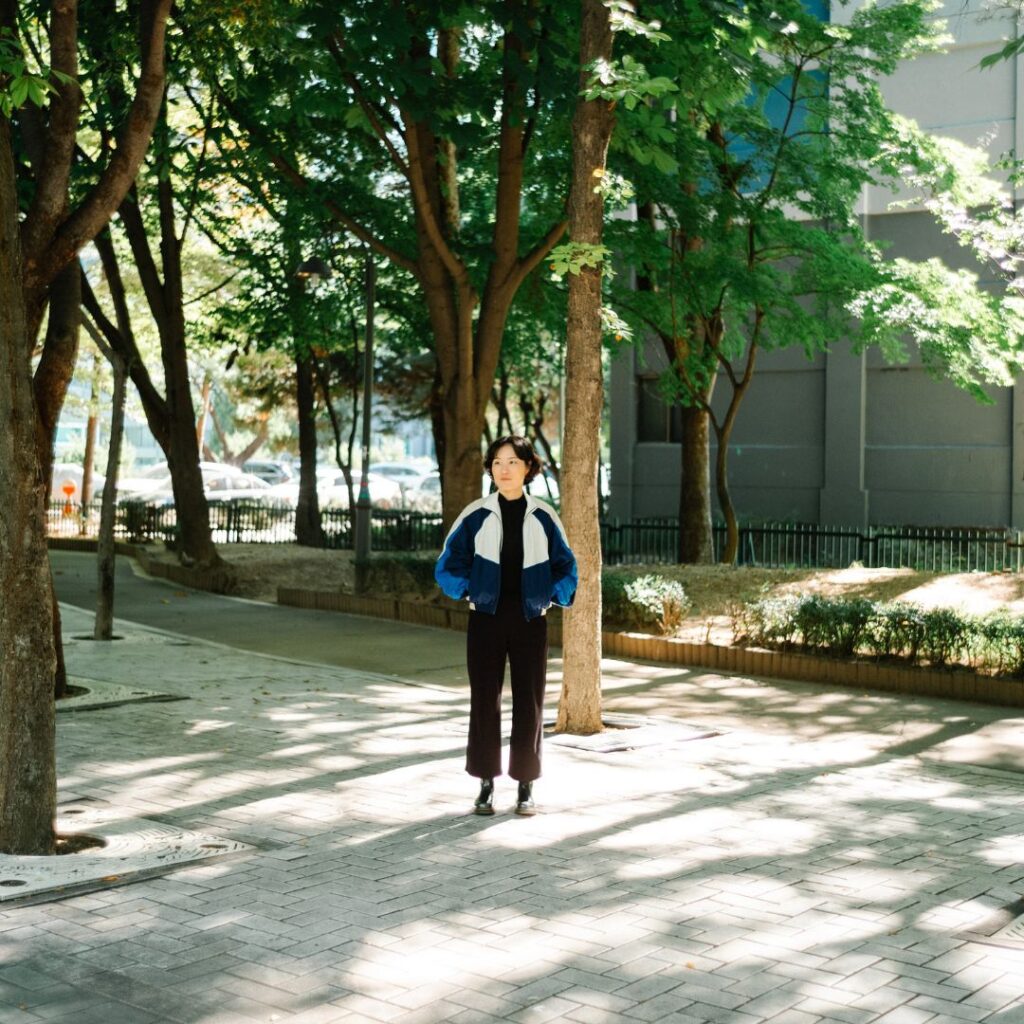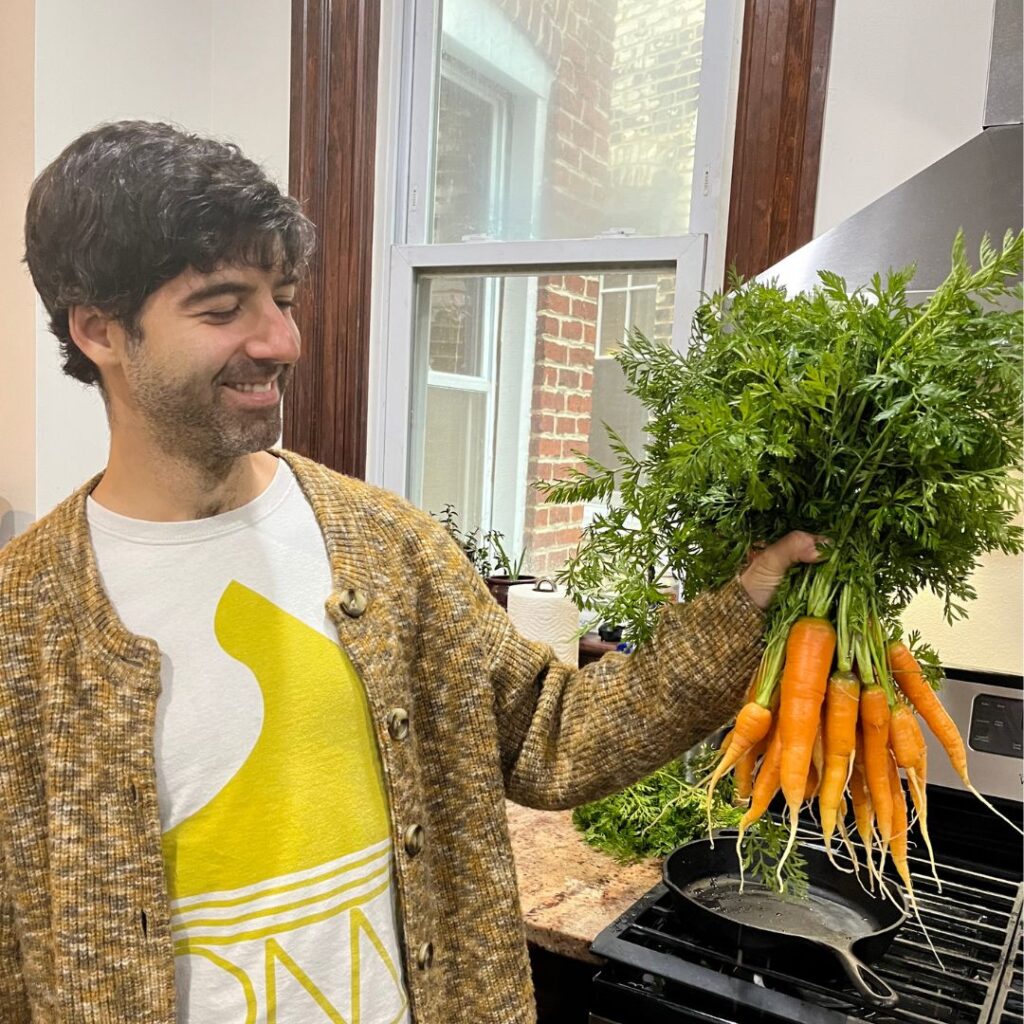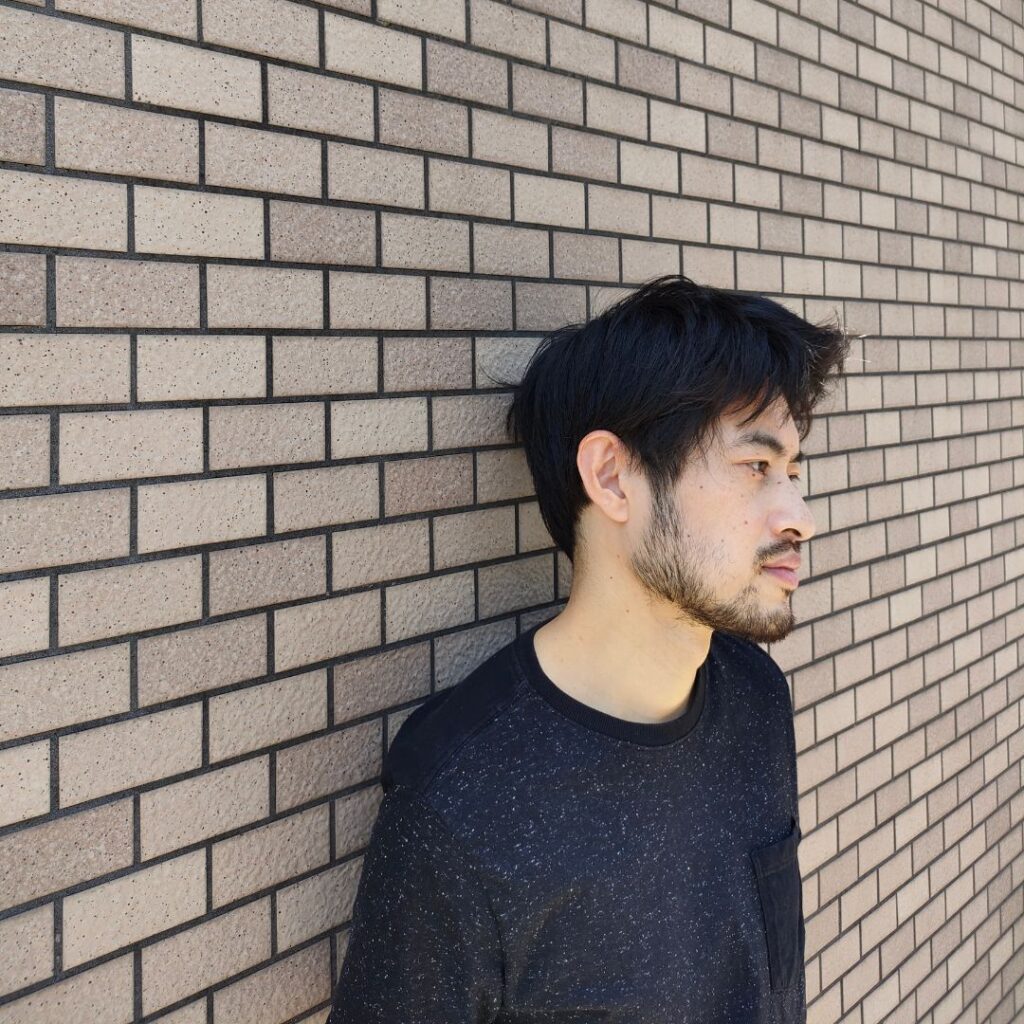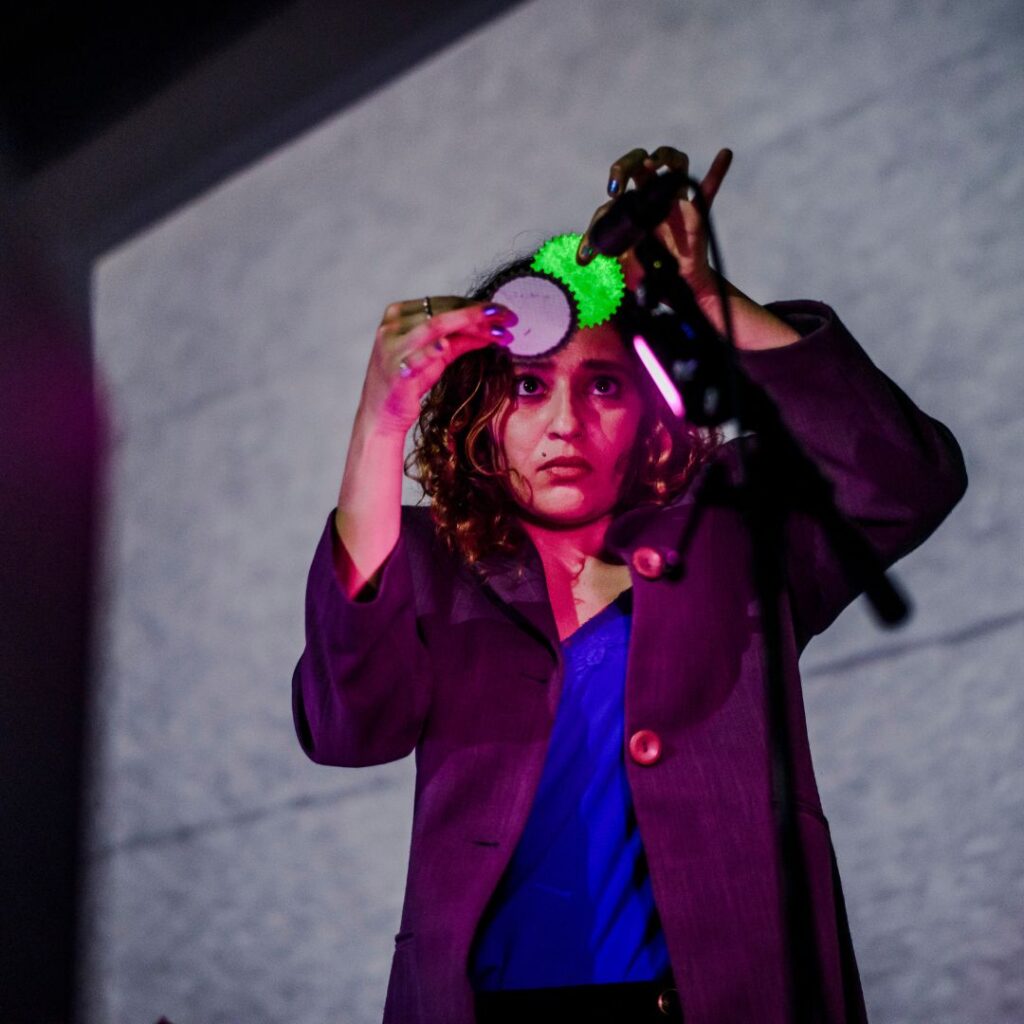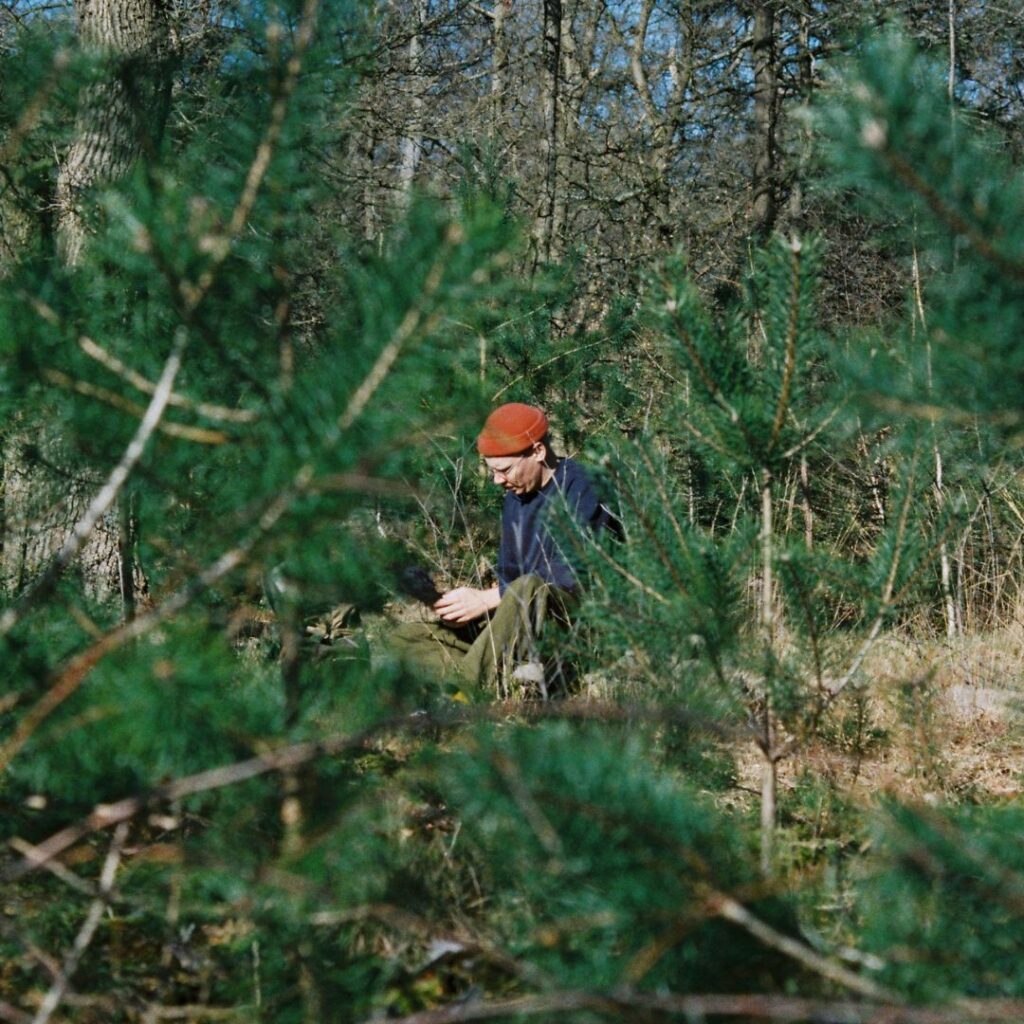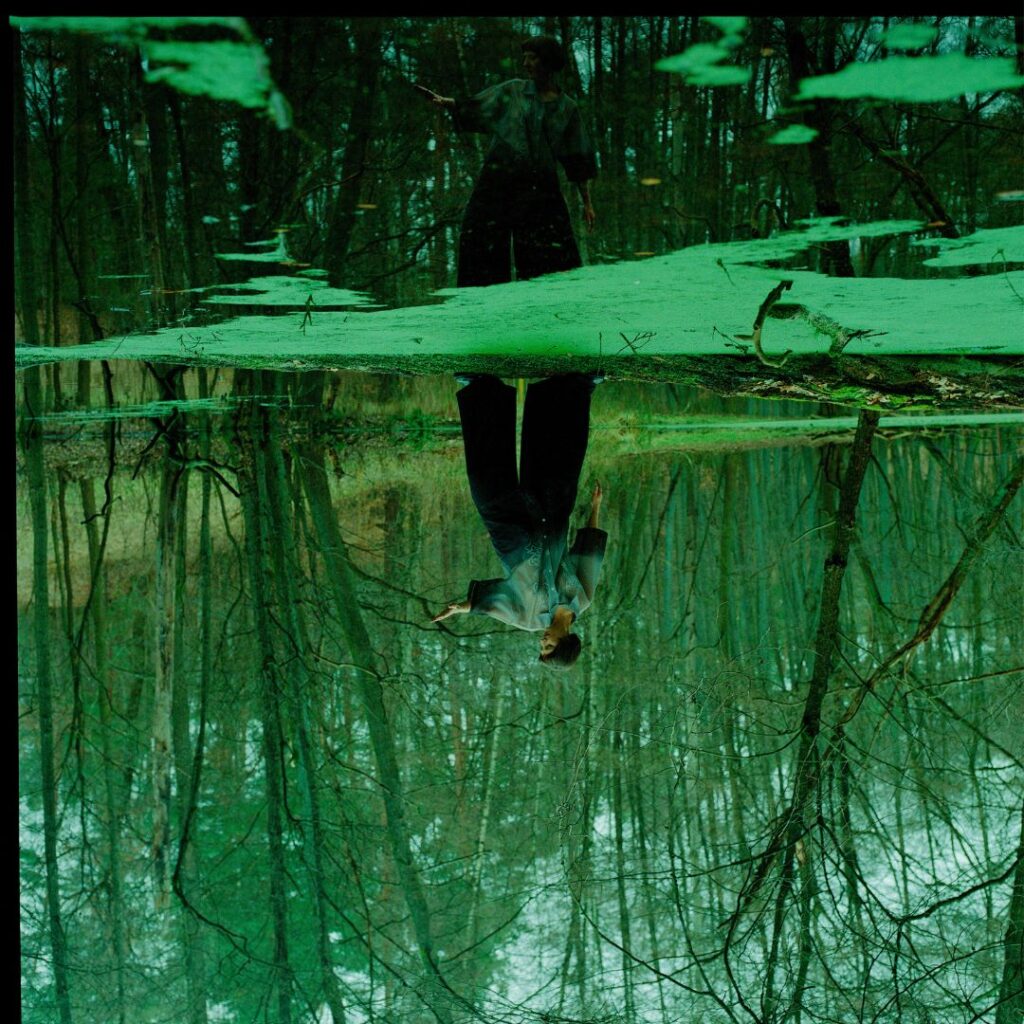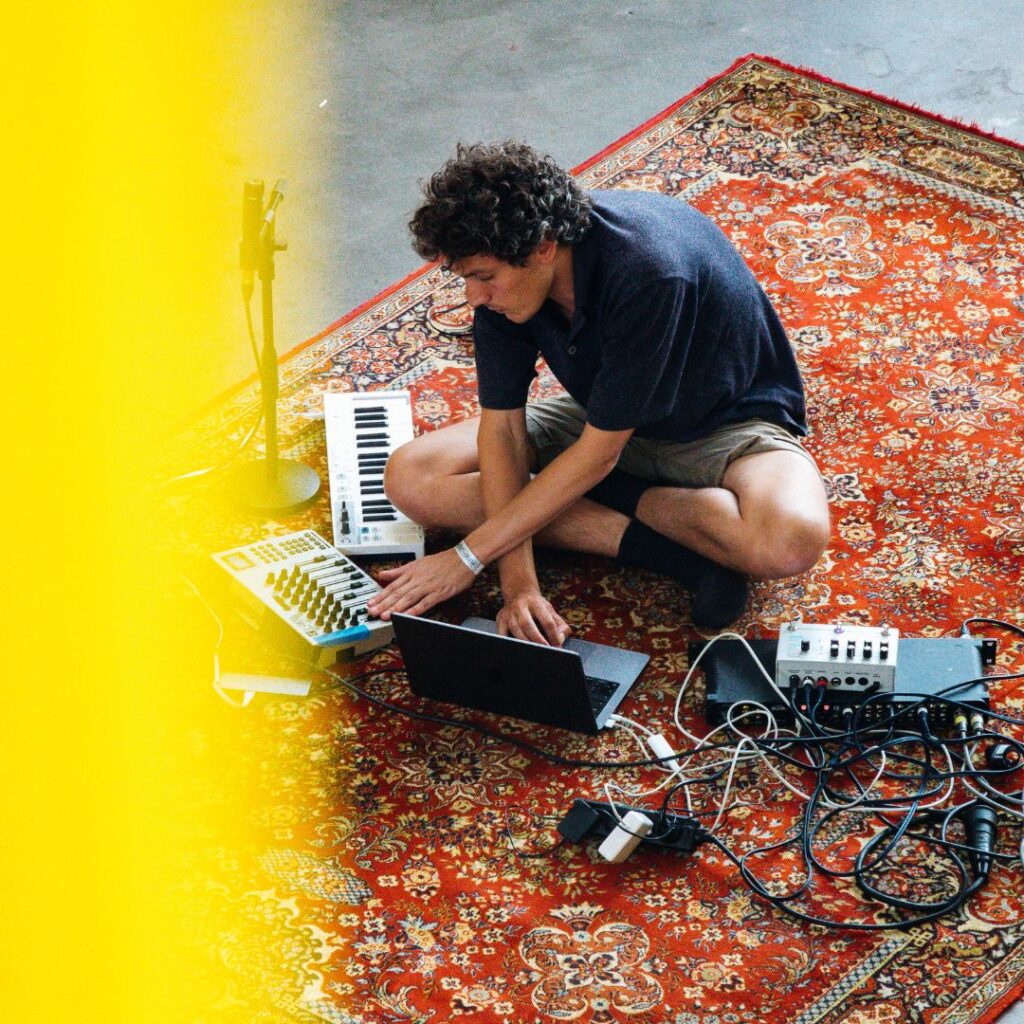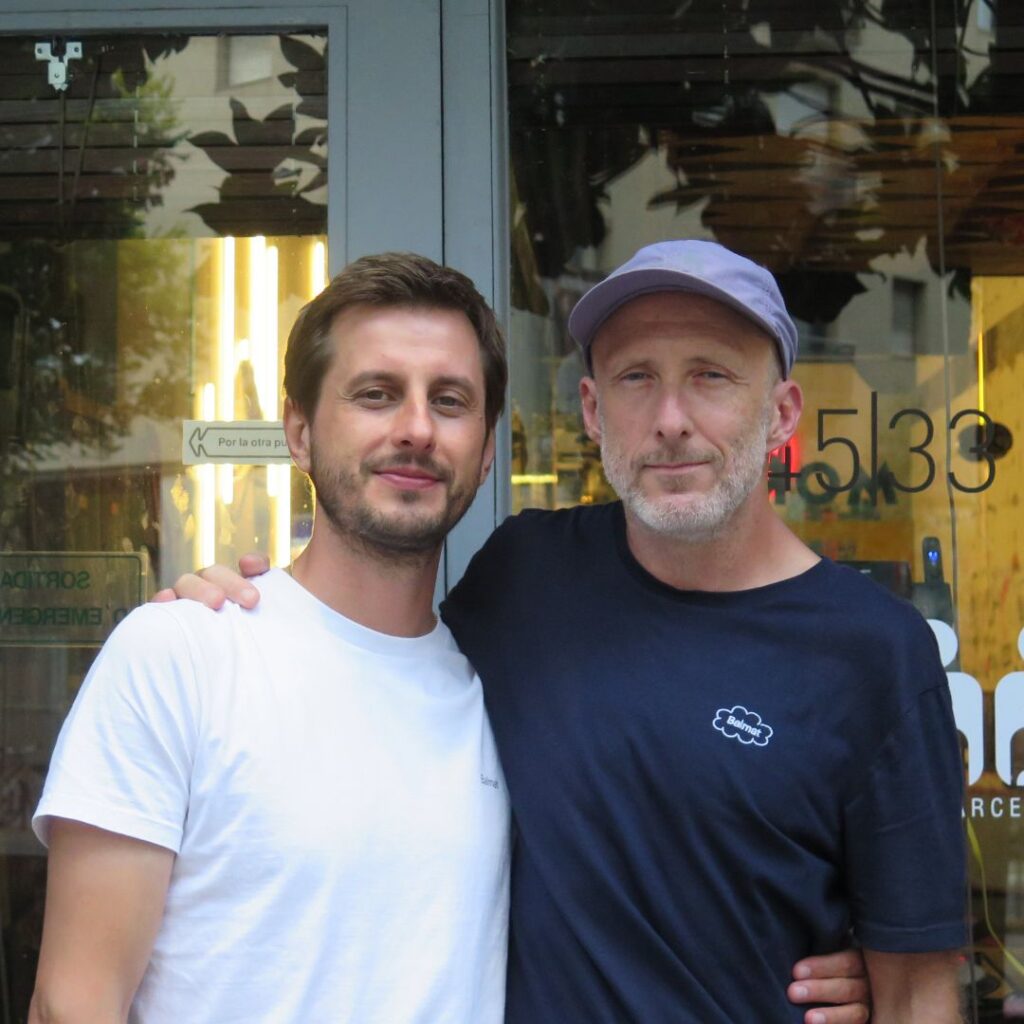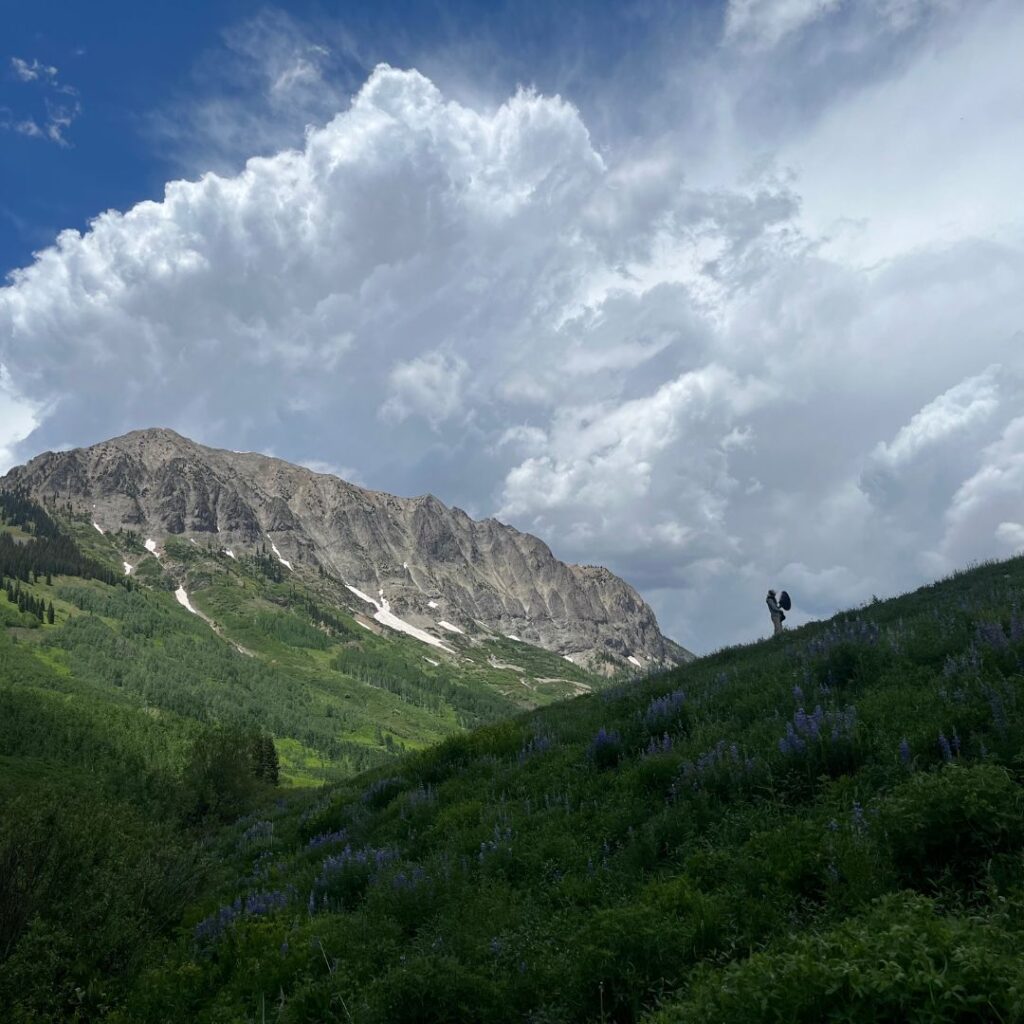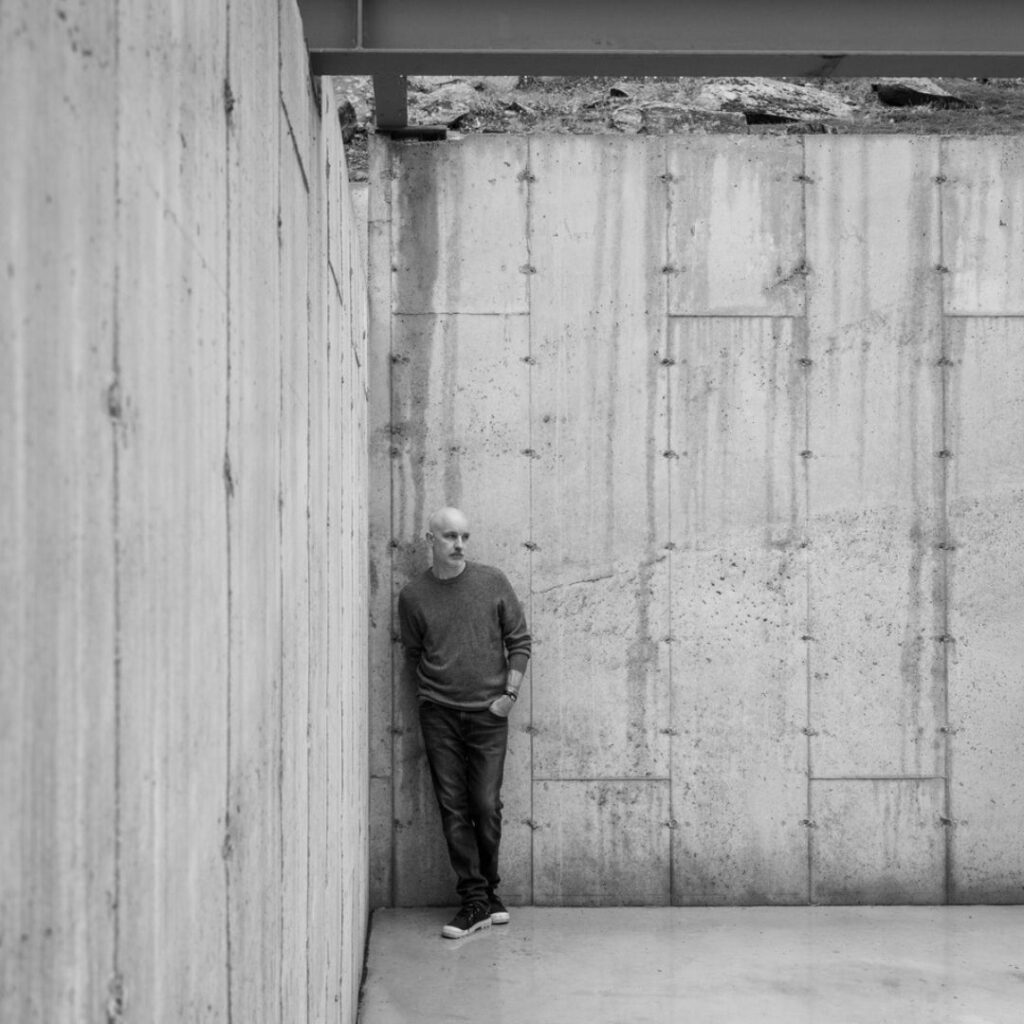Crafting stories in sound with Nicolas Snyder
Storytelling shines throughout Nicolas Snyder’s work. With a background in writing short stories, the filmmaker, composer, and sound artist approaches creative projects with an eye for narrative detail, crafting sonic arcs and layering elements that elicit certain emotions to create a dynamic listening journey. His diverse sources of inspiration pull him in all directions, resulting in a rich body of work guided by intuition.
Nicolas captures the spirit of following instinct and leading with heart. He reminds us to keep searching for the story and finding it in the everyday.
What inspires the way you create and think about sound and music?
My approach to sound and music is fluid, to be honest. It’s always evolving, both in my professional work and personal music. I don’t always have a clear vision from the start. It really depends on how I’m feeling at the moment. Sometimes I create without knowing what it will be used for. It’s like collecting various textures and colors that eventually come together to form something cohesive, like a patchwork quilt of sound.
When listening to your albums, it’s also sometimes hard to tell where one track ends and another begins. Is that intentional?
It’s interesting you mention that. Sometimes, the only difference between tracks is the session they were created in. I always try to connect them so they form a continuous journey.
I’m close to finishing an album where, even though the tracks flow seamlessly, there’s a consistent, static mood throughout—it feels very blue to me.
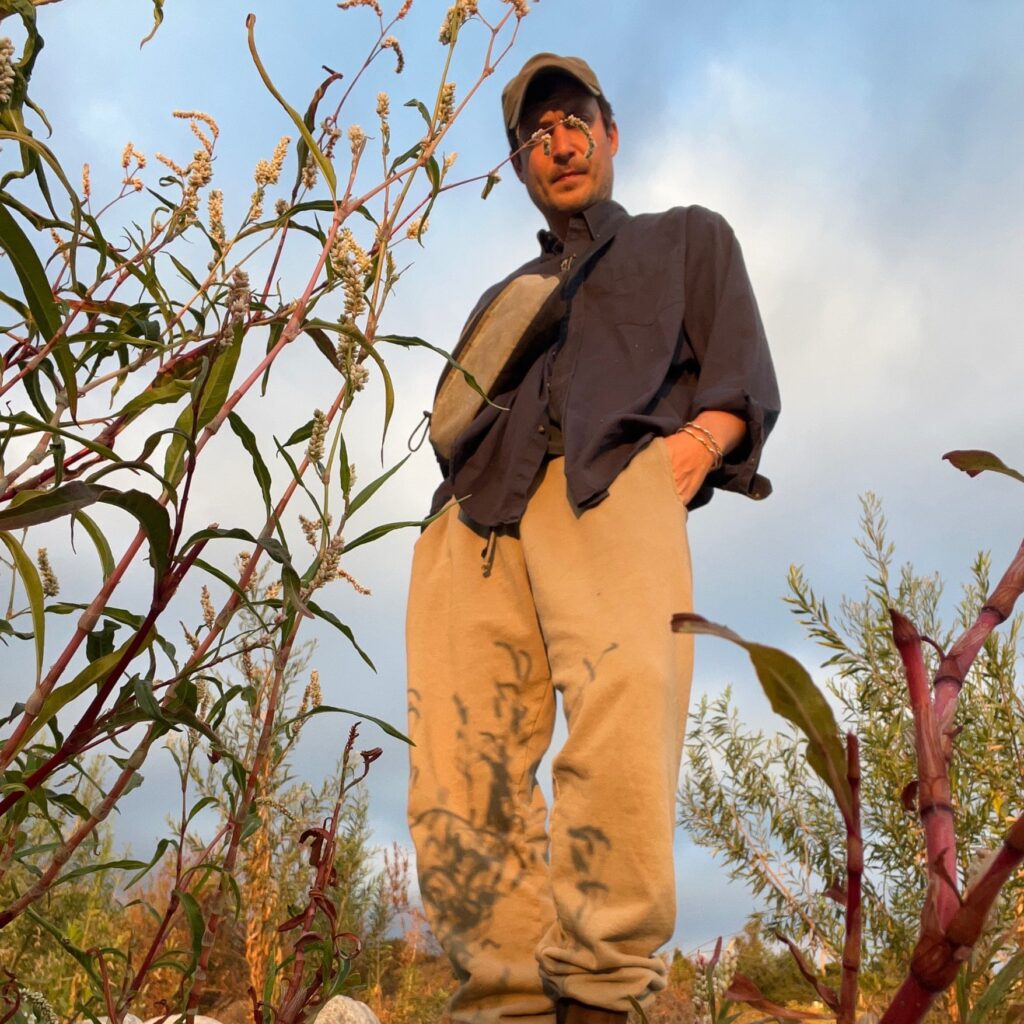
What made you decide to take this direction with the new album?
I’ve always been drawn to the idea of a mood album. Some of my favorite records evoke a certain feeling from start to finish, and I wanted to create something similar—an album that captures a specific sound and place from beginning to end.
How do you go about collecting and choosing sounds for your compositions?
Oh, it’s always different. I have all sorts of things around me: lots of microphones, gongs, organ pipes, and various other strange instruments.
I’ve got a piano in the back here that I’ve modified a bit with some gift wrapping paper to give it a crunchy, earthy sound. I recorded myself playing it for about 40 minutes and then picked out the parts I liked most. In a William S. Burroughs-esque way, I cut up and rearrange these snippets, take them out of context, and then layer synth and string elements on top. I also like to incorporate field recordings and film samples.
I enjoy working ‘in the box’ a lot. I often use MIDI keyboards, which might not sound as glamorous as some other processes, but there’s an infinite range of possibilities in there. Many people are creating beautiful virtual instruments with detailed imperfections built into them, and I especially like to highlight those subtle nuances.
But again, I’m always shifting from one thing to another. I take it day by day and don’t always know how it’s going to evolve.
Do you plan out the concept of an album beforehand, or does it come about naturally through experimentation?
Well, I often think in terms of albums and the art of making one. It’s something I’m drawn to, and it guides me. However, when I’m actually creating a piece, I don’t always know where it’s going to lead. It’s a very stream-of-consciousness approach.
Often, as I’m finishing a project, I’ll create a track that deviates from the overall feel, sparking a new direction I might want to head in. Then, I’ll try to create pieces that complement it or fit well alongside it. This process serves as my compass, but I never have a clear path from point A to point Z.
Sometimes it’s straightforward, and other times, it goes all over the place.
How does your experience in film and sound design shape the way you approach your own music?
It’s just how I approach music-making. I don’t really consider myself a musician. I’m decent at playing the piano or guitar, but that’s not where I focus my practice. I like to create music that complements visual storytelling.
When I create something personal, it often carries cinematic elements or a narrative arc that pokes out, even if there isn’t a specific story I’m aiming to convey. That’s just how my mind works. It’s the muscle I’ve worked out the most.
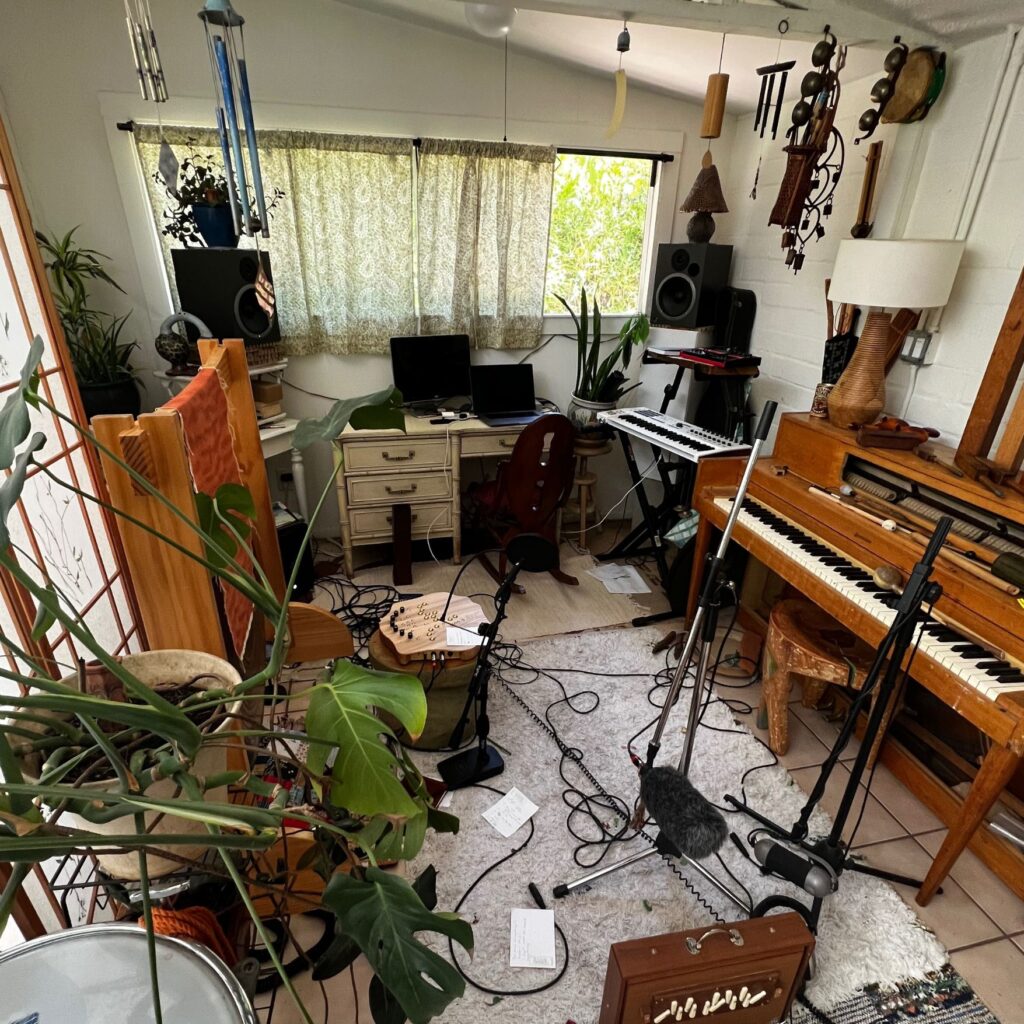
It seems like creating a narrative with sound is something you’re naturally drawn to.
Yeah, it’s something I naturally gravitate towards. I initially pursued writing short stories and even got a degree in writing, although I didn’t take it further. But when I’m making music, I often think in terms of crafting a short story—conveying a complete arc, adding elements of mystery and surprise, and creating dynamic shifts. It’s not always a conscious process. It’s just how my mind works when I’m in the creative zone.
Did you always want to bring elements of storytelling into your music?
I go back and forth. In the beginning, I tried writing more traditional songs because there’s a certain beauty in familiarity. But I’m driven to create things that feel new and surprising. It’s just not exciting for me if I’m not exploring uncharted territory. That’s why there are so many surprise turns in my music. I’m constantly trying to surprise myself. It’s like walking down a corridor, about to open a door. What is the most beautiful, surprising thing I can find on the other side of that door?
And do you imagine a movie playing in your mind when you’re creating the narrative?
Not really. These are just metaphors. It’s not so much a visual experience as it is a feeling. I often think of creating sound as building a three-dimensional space—a place that doesn’t actually exist but can be imagined in a certain way.
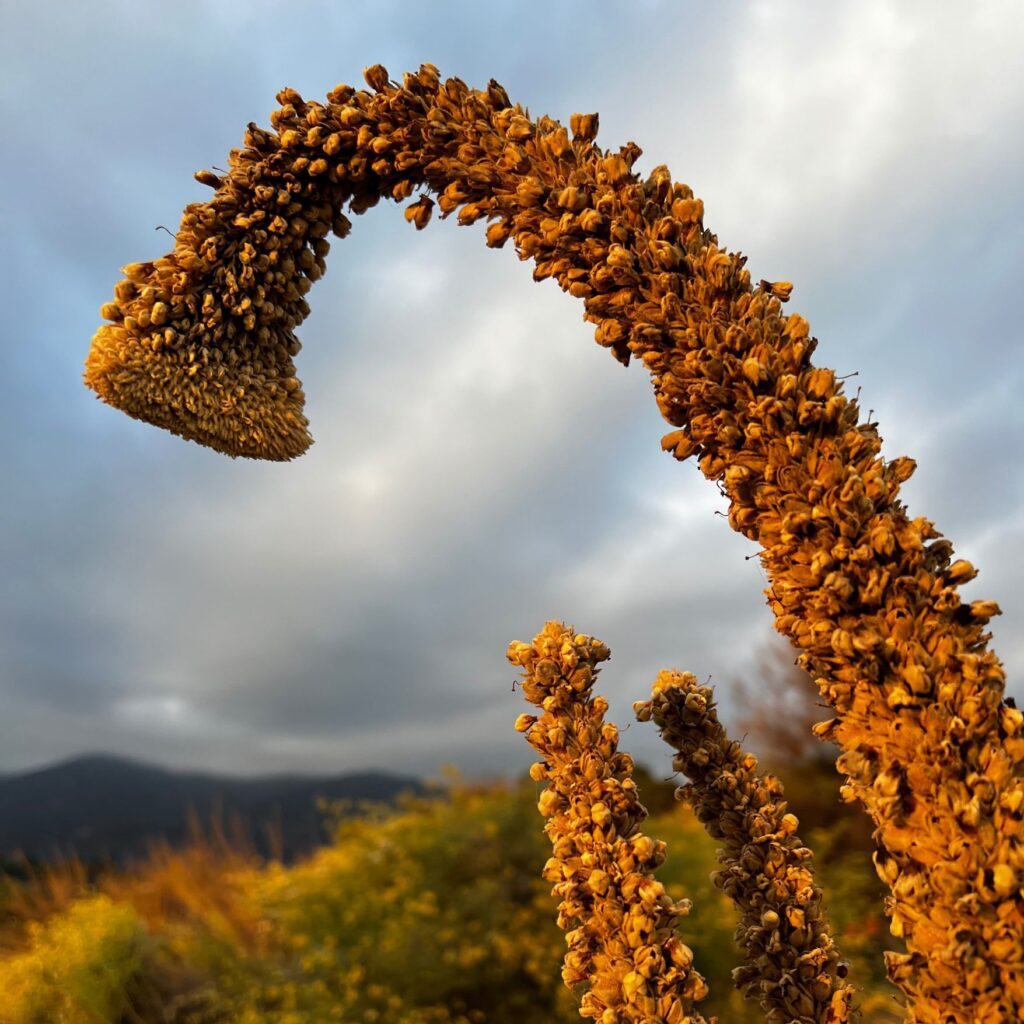
How has your sound evolved over the years since you started composing and producing music?
I’ve gone through many phases as a music creator, and it’s hard for me to quantify what has changed. I’m in my 40s now, and it took a long time for me to reach a point where I truly understand what I’m doing as an artist, not just in music but in anything I create, whether it’s woodworking or painting. I’m content with where I am now and not in a rush to change that. Lately, I’ve been writing more traditional songs on guitar because it feels right. I’m often drawn to creating things that simply feel good, no matter the genre. I may not know exactly how to articulate it, but I recognize that feeling when it comes. These days, it’s much easier for me to identify what resonates with me.
Do you have any rituals or routines that help you get into that creative mindset, whether for music, woodworking, or painting?
No, I have to fit it into every little nook and cranny of my life. I’m quite busy with work, and I find myself traveling a lot. Still, I wouldn’t feel like myself if I didn’t do something creative.
If I had to choose, my ideal scenario would be waking up with nothing planned for the day, just taking my time and eventually creating something without overthinking it. Just doing it because it feels good. But I don’t always have the time for that.
Do you ever see yourself combining your different creative pursuits into a single, cohesive project?
I would love to create tangible spaces one day, maybe through installations or similar projects. Something immersive that you can physically experience. Imagine a ramshackle structure you step into, instantly transporting you to a realm that’s a bit fantastical and primal.
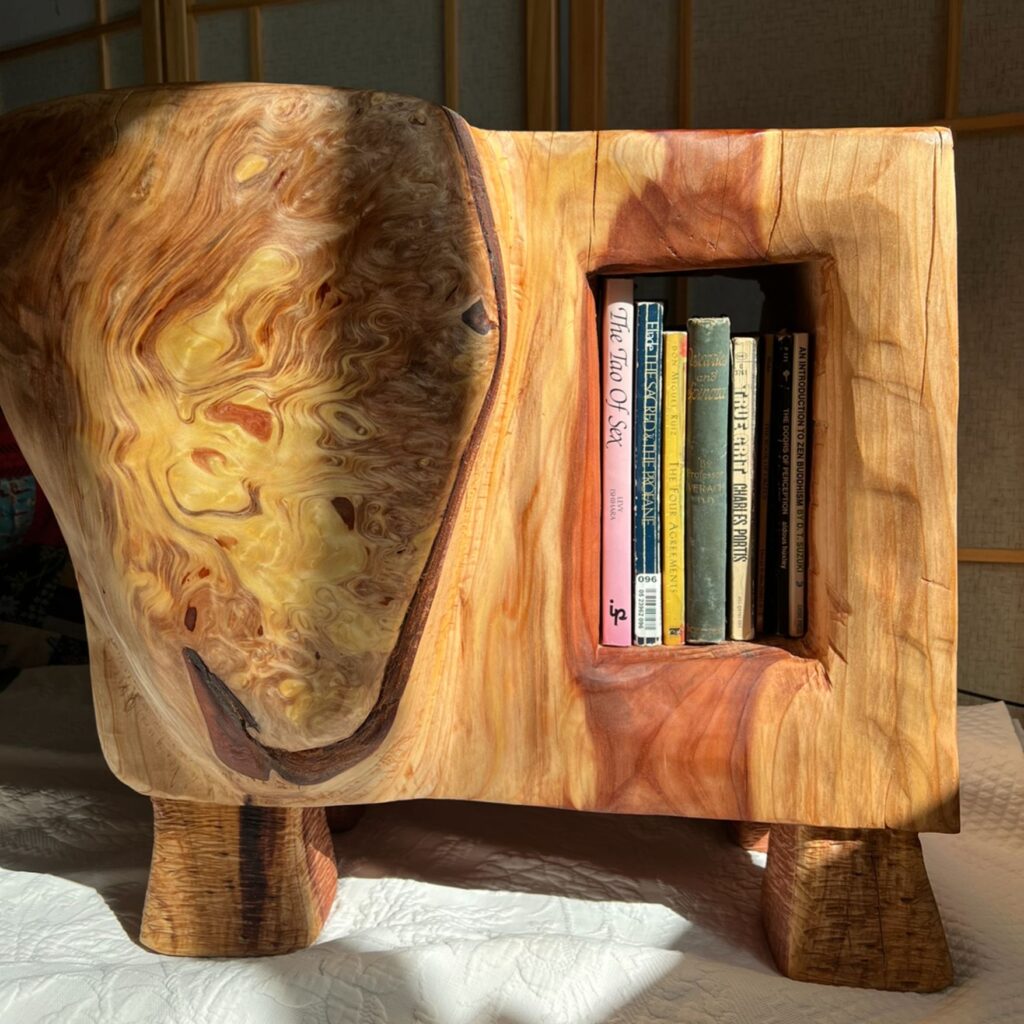
What’s a recent project or experience that has really moved you?
I recently released an album that was a highly collaborative project with a poet named Spoon Jackson, who is serving a life sentence without the possibility of parole.
Spoon recited his poems to me over a prison phone built into the wall. I recorded our conversations using an app on my phone and then composed music around them. It was an incredibly rewarding process, and I’m immensely proud of the album. It has more of a song-to-song feel compared to my last two albums, yet it retains many similar textures.
Collaborating with someone in such a beautifully limiting environment was deeply rewarding. Throughout the album, you can hear artifacts of the process, like the electronic female voice that periodically interrupts the conversations—Spoon refers to her as the “computer lady.” I also incorporated sound textures to evoke a sense of a prison dream world, as many of Spoon’s poems revolve around his dreams and fantasies—experiences he hasn’t had in the physical world since he was incarcerated at the age of 19.
How old is he now?
He’s in his seventies. He’s never had a cell phone, never been on an airplane, and never experienced many things we take for granted. Through his poetry, he’s created a beautiful dream life, though some of it is very sad and real. Yet, there’s also this vivid romance inside him that he can only express through his poetry and art. I felt it was powerful to support him in that and to paint his dream world with music.

How did you get into the project?
There’s a record label that was originally called Die Jim Crow Records, named after a set of laws in the U.S. that were aimed at oppressing Black people without explicitly stating it. They’re now called FREER Records, and they work exclusively with incarcerated or recently released individuals.
During COVID, the label posted that they were looking for producers and musicians to collaborate with incarcerated people. My dad had been in prison for two years, so I felt a strong connection and empathy for that world.
They sent me a recording of Spoon reciting a poem, and I really liked how it turned out. I asked if they could put me in touch with him. He called me and said, ‘So I hear you’re interested in making some music together,’ and we’ve been talking ever since. That was about two to three years ago. I didn’t expect it to turn into an entire album.
Wow, that sounds like an experience that will stay with you for a long time. Considering the immersive and intentional nature of your music, how do you envision people experiencing it? Is there a particular setting or mindset you recommend for listeners?
I’d say somewhere comfortable. When I picture it, I imagine reclining on pillows. It might sound trite, but for albums like Spell of Remembrance, it’s like embarking on a psychedelic journey. You’d want to approach it with that kind of mindset. It’s not passive ambient music in the traditional sense, like Brian Eno’s idea of being as ignorable as it is interesting. I also appreciate music that doesn’t demand to be the center of attention, though some of my albums definitely command focus. I want it to feel like a trip.
